November is NaNoWriMo (National Novel Writing Month) where writers all across the country pledge to get their novel started – and finished – in one month (well, at least the first 50,000 words). If you’re committed to being the next Harper Lee or J.K. Rowling and want to tackle NaNoWriMo, here are some great books to help you reach your writing goals. You’ll see some of the usual suspects on this list, and also some hidden gems to inspire your writing. Good luck, and write on!
The Art of Memoir by Mary Karr
If you’re looking to write your memoir, check out The Art of Memoir, by Mary Karr. Karr uses her knowledge as a professor, a patient, a writer, a spiritual seeker and a recovered alcoholic to share her unique way of storytelling. Included in this insightful book are excerpts from some of Karr’s favorite memoirists and her process for writing. She also shares info on retrieving your memories so that you can tell your inner story.
The Writing Life by Annie Dillard
This book of short essays is an account of the author’s personal stories where she delves into the mysteries of writing. Dillard shares why writers are dedicated and daring. Are you up for the task this November to take on NaNoWriMo to become the writer you want to be?
Outlining Your Novel: Map Your Way to Success by K.M. Weiland
There are two types of writers: plotters or pantsers. Pantsers write by the ‘seat of their pants’ while plotters think about everything that is happening in the book and then outline the story. If this describes you, then Outlining Your Novel is a book that will take your writing to the next level. This interactive book helps you brainstorm ideas, find your characters, lay out your scenes and more.
Bird by Bird: Some Instructions on Writing and Life by Anne Lamott
Bird by Bird is one of the most revered books on writing, except for On Writing by Stephen King, of course, which we will get to later in this round-up! Anne Lamott’s brother was struggling with a report on birds when he was 10 years old, and he was overwhelmed with the huge task ahead of him. Anne remembers that her father sat down beside her brother and said, “Bird by bird, buddy. Just take it bird by bird.” Anne used this wisdom for writing Bird by Bird, encouraging authors to take the huge task of writing a novel one simple step at a time.
Grammar Girl’s Quick and Dirty Tips for Better Writing by Mignon Fogarty
If you’re a stickler for getting the grammar absolutely perfect, then you will love this quick-tip book by Mignon Fogarty, a.k.a. Grammar Girl. Written in the witty prose that people all over the Internet have come to love from the Grammar Girl, this book shares rules and guidelines, tips and tricks that trip up even the best of writers.
The Elements of Style by William Strunk
If you want to become a writer, The Elements of Style is highly recommended. It showcases the many different styles of writing and includes eight “elementary rules of usage” and 10 principles of composition. The book also includes a lengthy list of words and expressions that people misuse often as well as a list of words that many people misspell.
Writing Down the Bones by Natalie Goldberg
If you’re looking for solid advice on the craft of writing, look no further than Writing Down the Bones. Short, easy-to-read chapters are witty and encouraging with suggestions for writing down your first thoughts without stopping your hand, and learning to listen better as “writing is ninety percent listening.” This book holds inspiration for anyone that has ever wanted to write and is a must-have for a writer’s book shelf!
On Writing by Stephen King
What’s a book round-up without master-of-the-craft Stephen King’s memoir, On Writing? This book, by Mr. Horror himself, mixes memoir and instruction and will light a fire within you to get those words out! While this book is probably the only Stephen King book that won’t scare the heck out of you, it will certainly inspire and inform you.
Hooked: Write Fiction That Grabs Readers at Page One & Never Lets Them Go by Les Edgerton
Everyone knows that the first page has to hook the reader. If there’s a bad beginning, there’s no point on continuing. In Hooked, Les Edgerton helps you create a wow of an opening for your novel. From the “inciting incident” of every novel to creating smooth backstory, Hooked gives you the information you need to write an opening that will keep readers reading. Also included is insider advice from agents and editors, and 20+ great opening lines from some of the best books ever published.
The Emotion Thesaurus: A Writer’s Guide to Character Expression by Angela Ackerman and Becca Puglisi
It’s hard to build emotion in your characters so that it’s believable. This book takes some of that pressure off by offering 75 emotions that people experience. Sharing body language cues and how people respond to each emotion, this helpful handbook can intensify your characters’ feelings and emotions. Using these tips, you’ll be able to do more showing and less telling when it comes to writing your story.
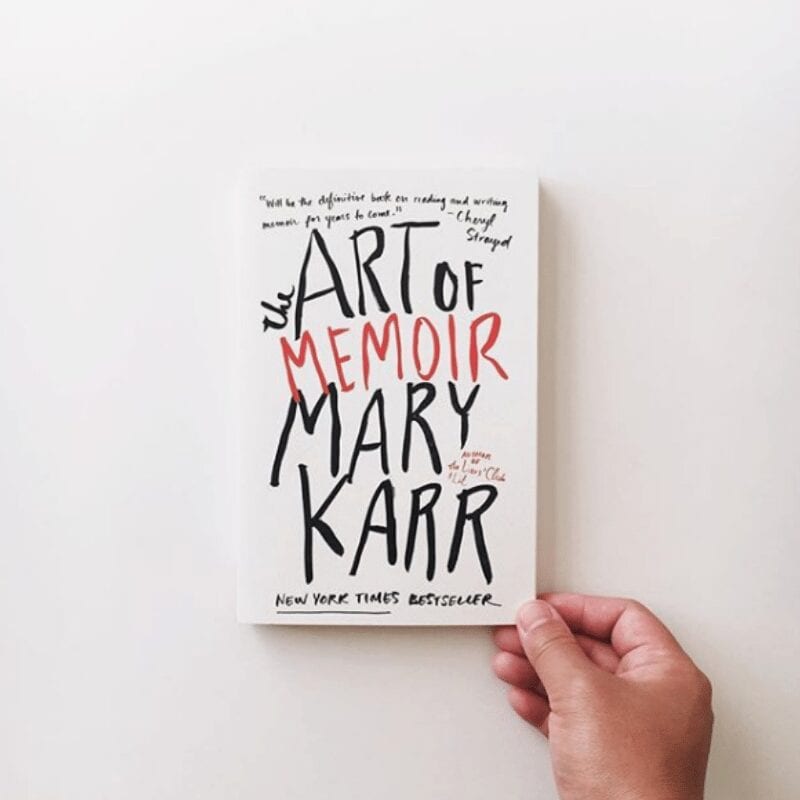










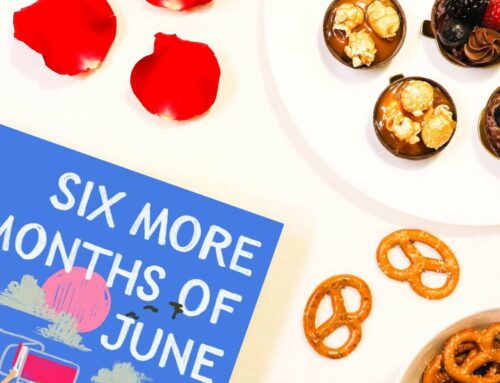
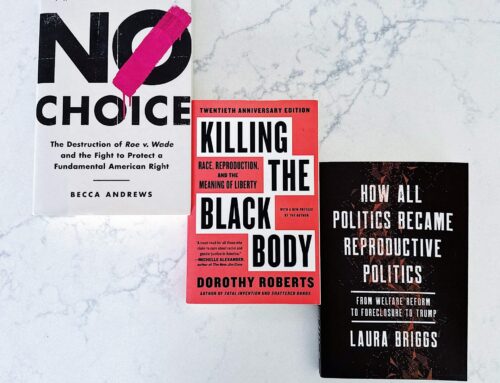
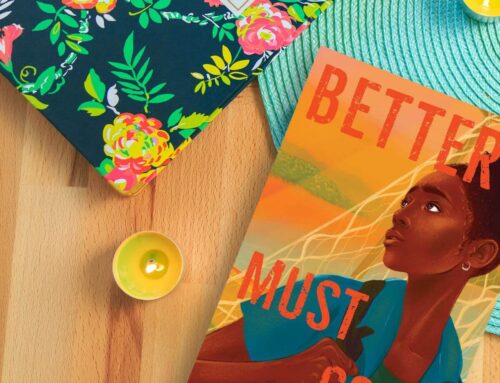
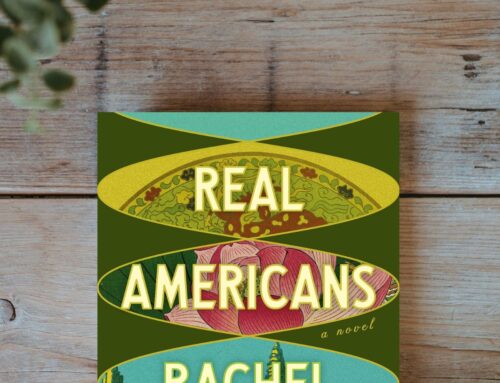
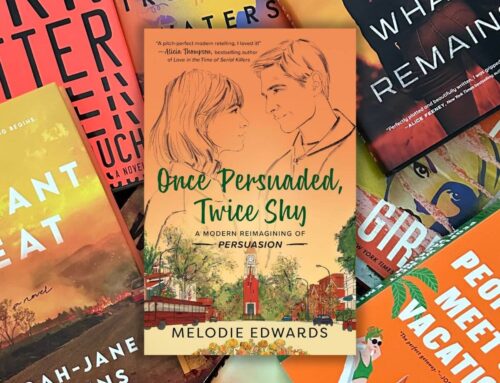
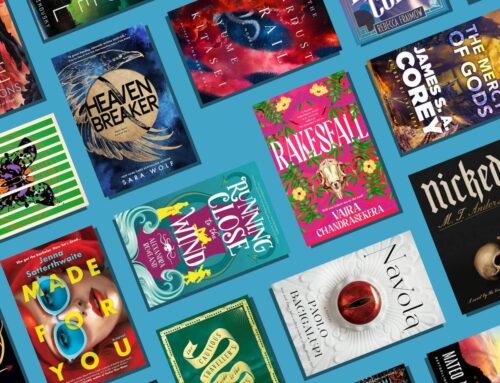
Leave A Comment